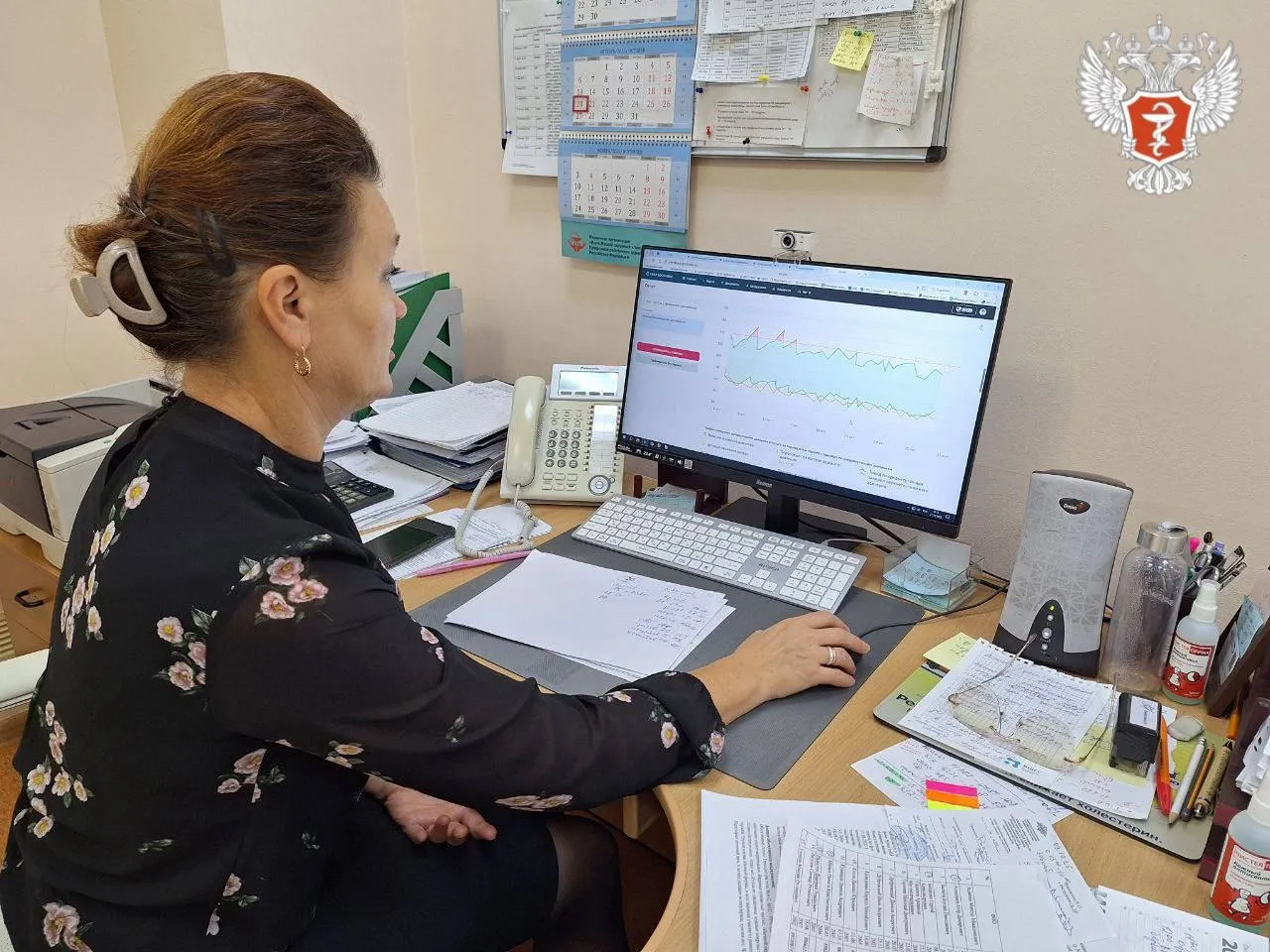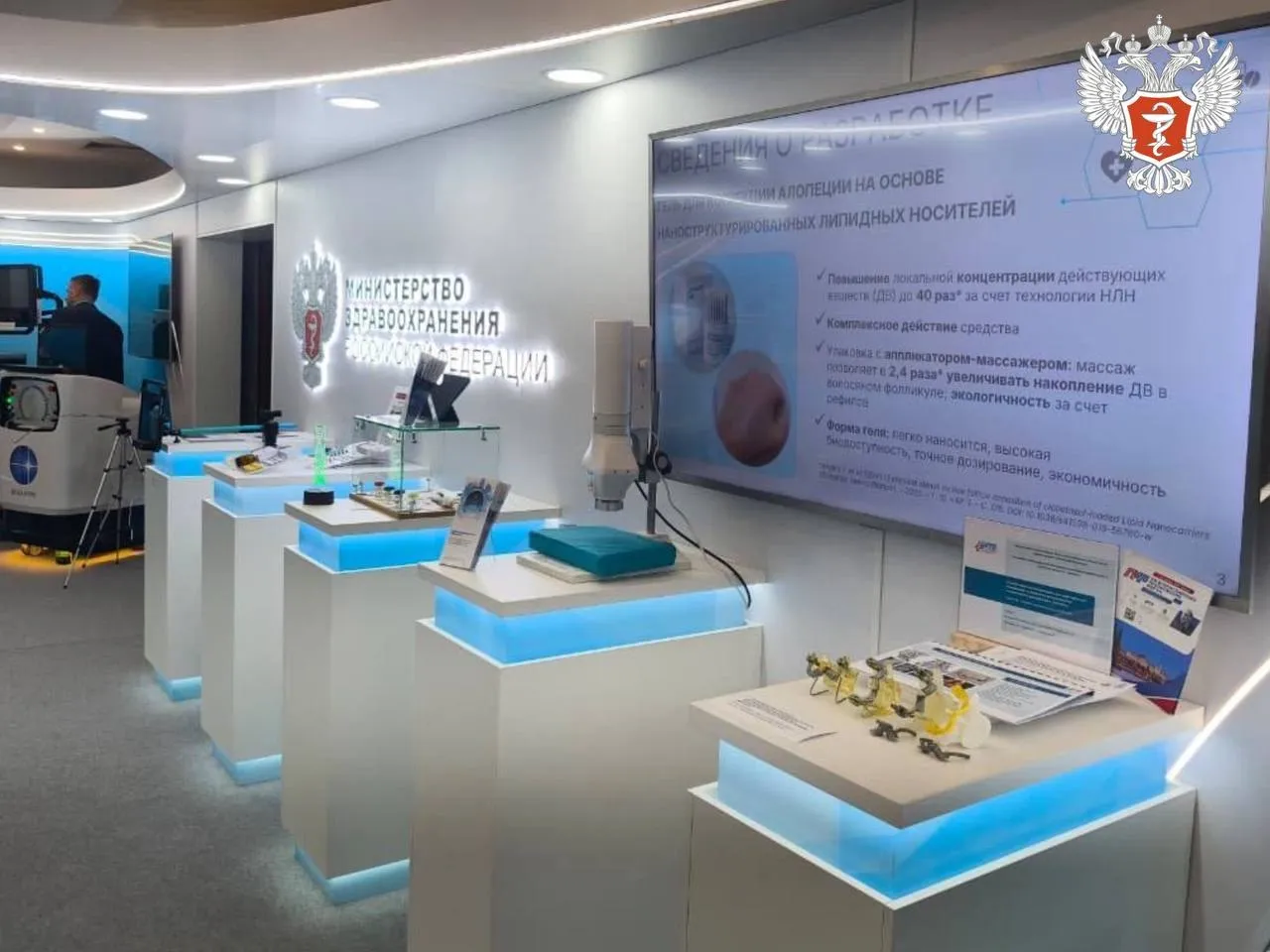Russia Turns to Digital Medicine to Boost Life Expectancy
From AI-powered diagnostics to continuous glucose monitoring, one Russian region is betting on digital health to save lives and modernize care.

Russia’s Stavropol region is transforming its healthcare system through digital innovation and data-driven medicine, according to regional Health Minister Yury Litvinov. The initiative focuses on reducing mortality, improving perinatal care, and detecting diseases at earlier stages — all while digitizing nearly every aspect of medical work.
A major focus is combating heart disease, cancer, and diabetes — Russia’s leading causes of death. The region launched a comprehensive diabetes monitoring program that provides continuous glucose tracking systems to all children under 17 and pregnant women.
In parallel, local hospitals are upgrading with AI-powered diagnostic tools. The Stavropol Regional Clinical Hospital has introduced a neural network that analyzes X-rays to detect early signs of osteoarthritis and classify its stage with precision.
Digital Health for a Longer Life
Health centers across the region are being modernized to offer high-tech wellness screenings and lifestyle consultations. Perinatal facilities are also receiving new digital equipment funded through national healthcare programs.
Litvinov emphasized that the goal of these initiatives goes beyond modernization — it’s about increasing both the lifespan and quality of life for residents. “Every step we take is aimed at improving people’s well-being,” he said, “and contributing not just to the development of our region, but to Russia’s broader progress in national health.”









































